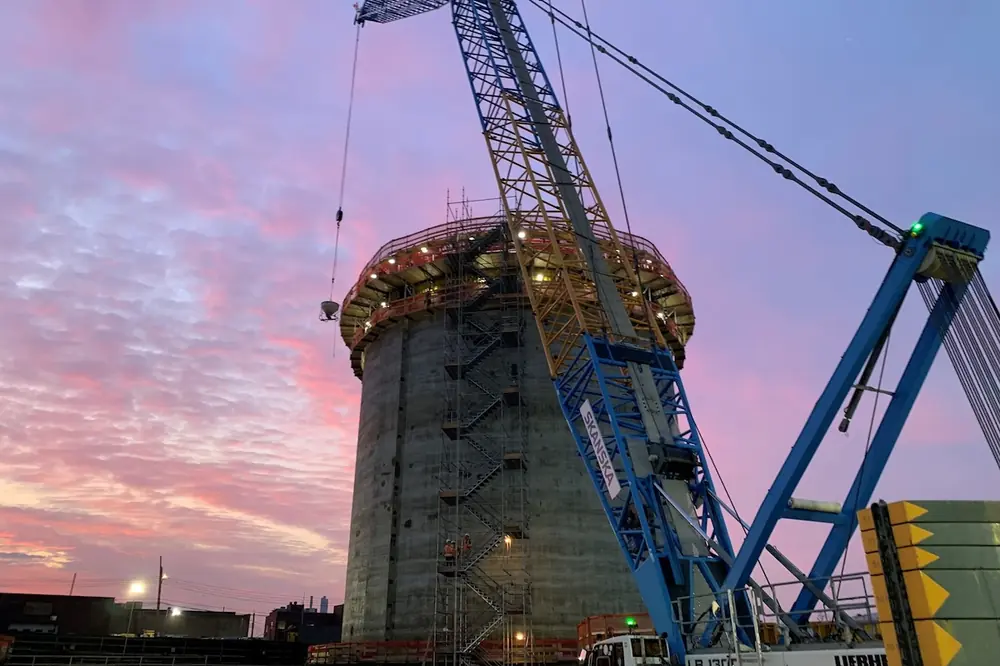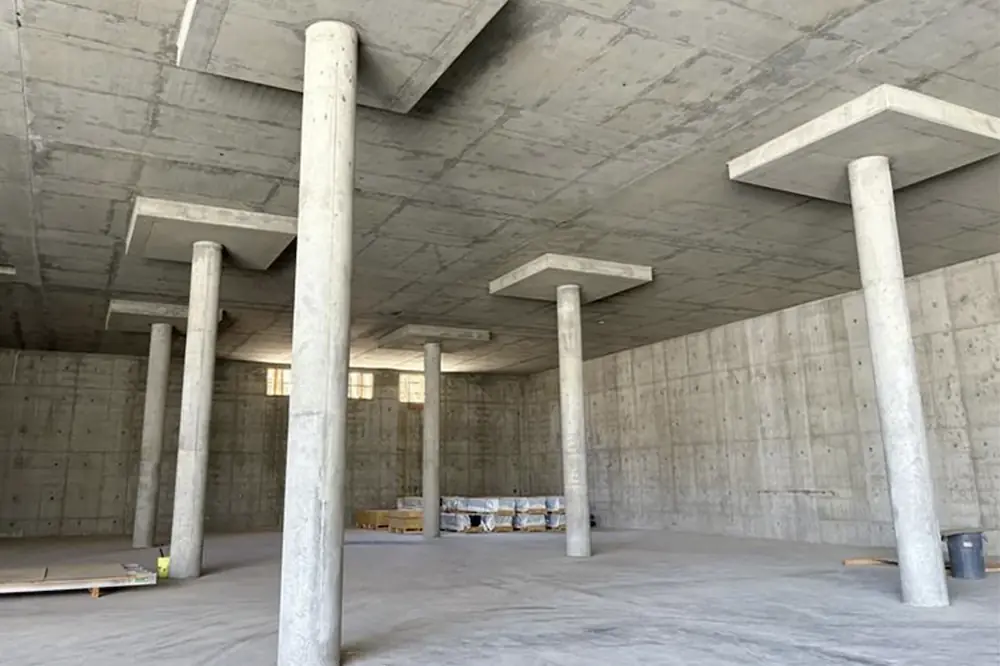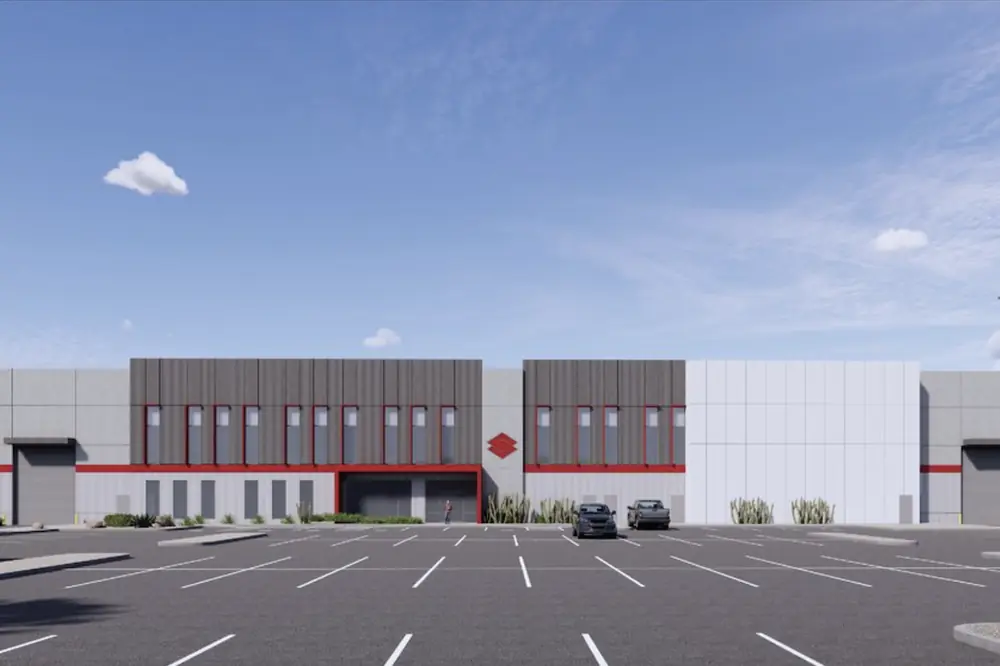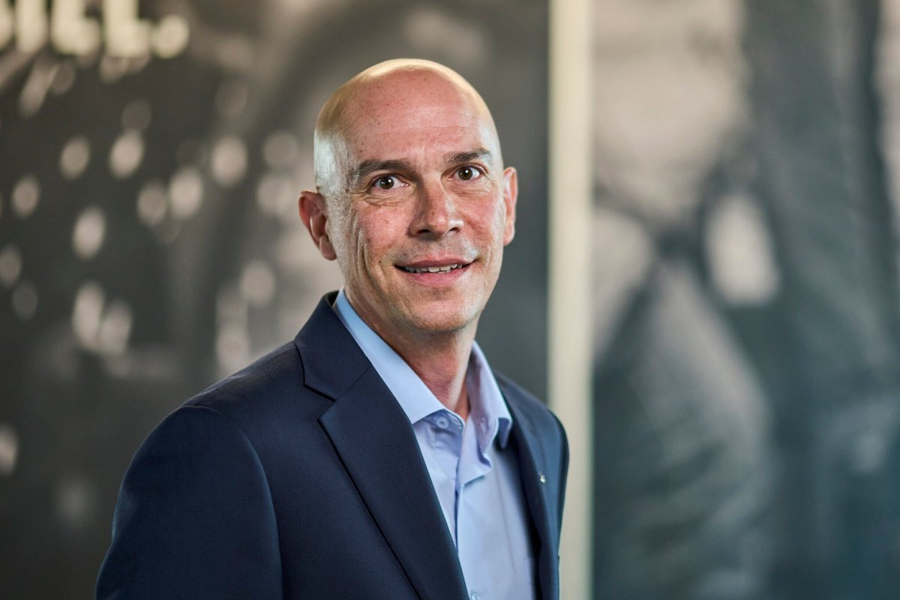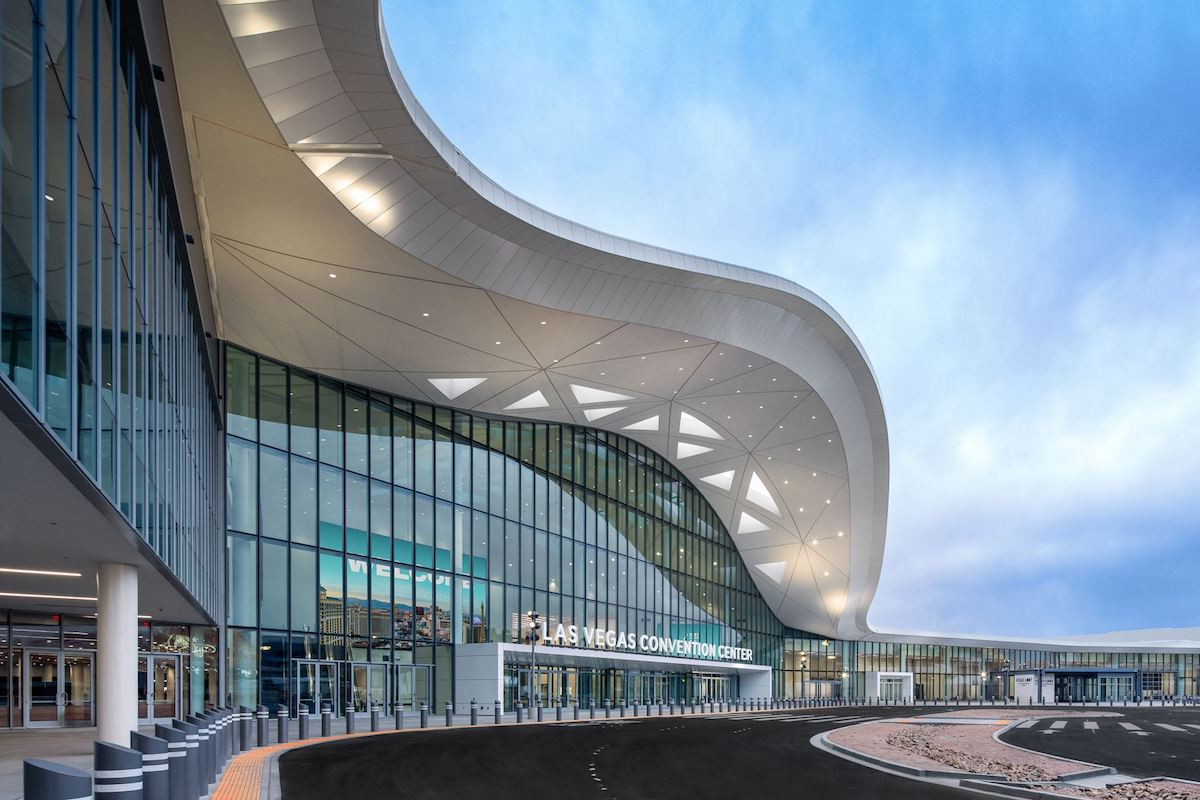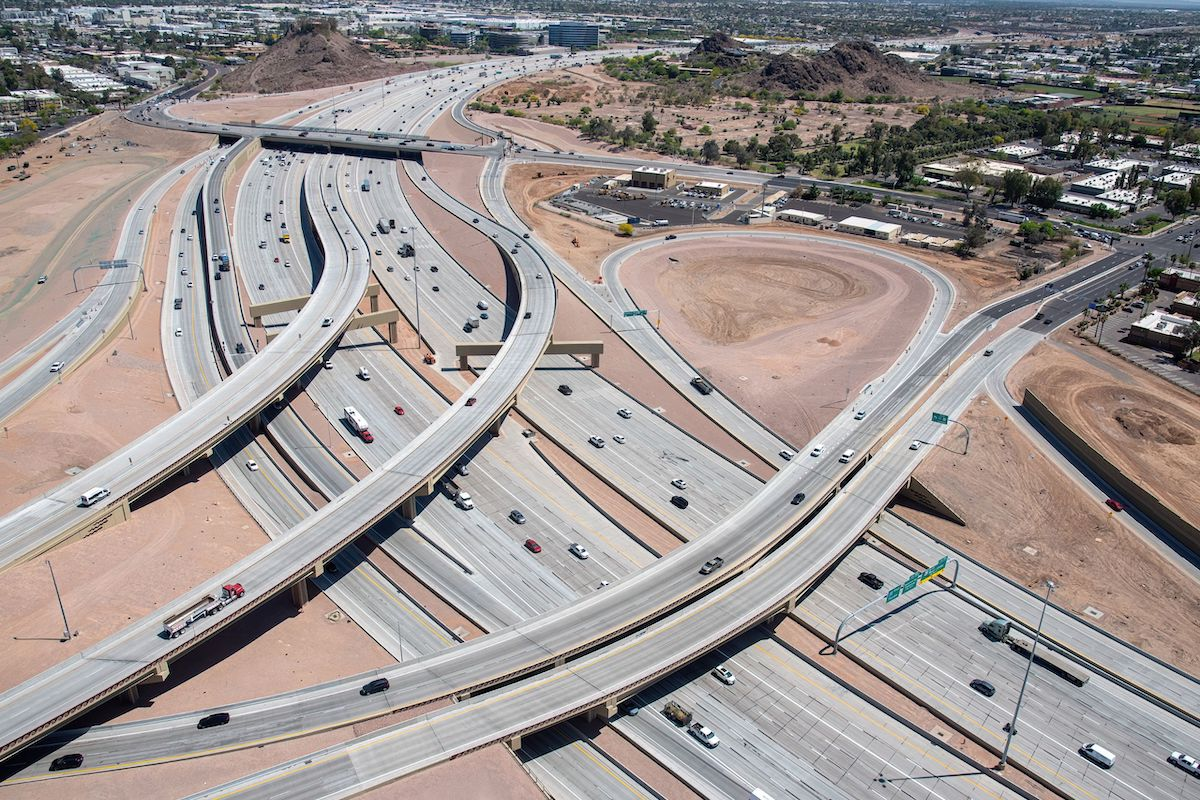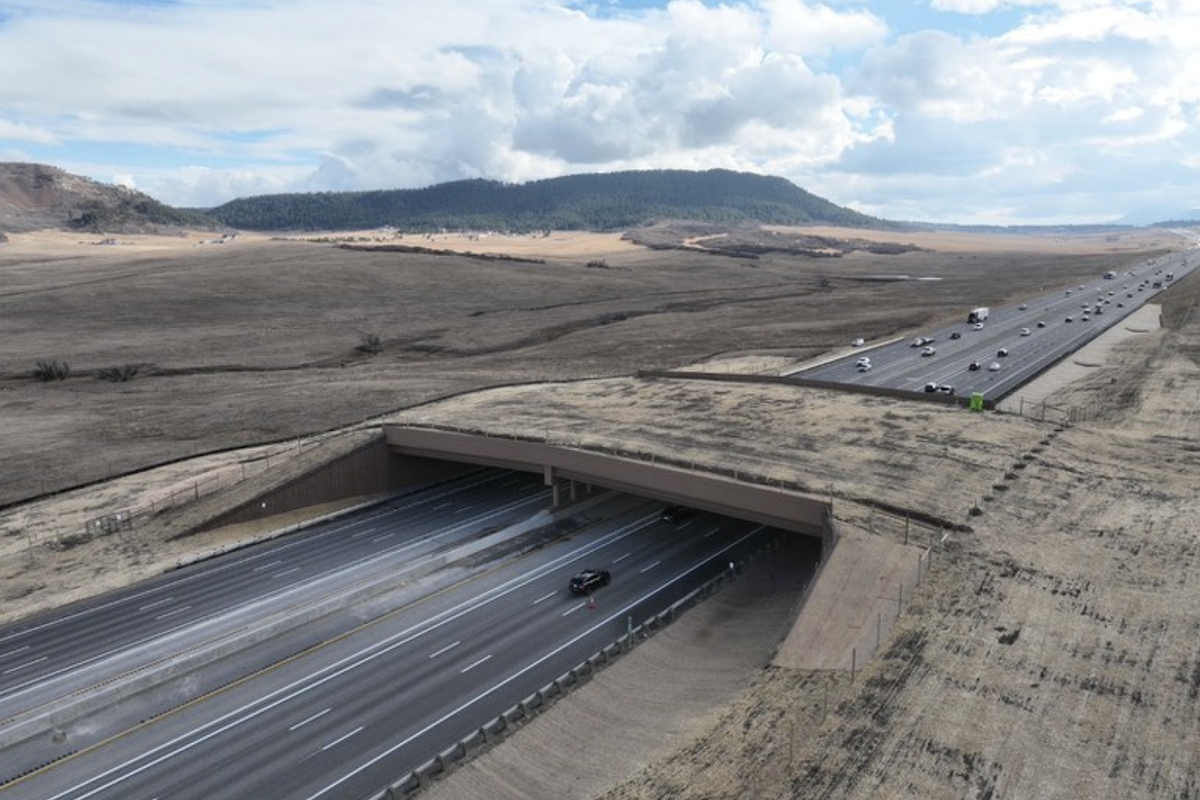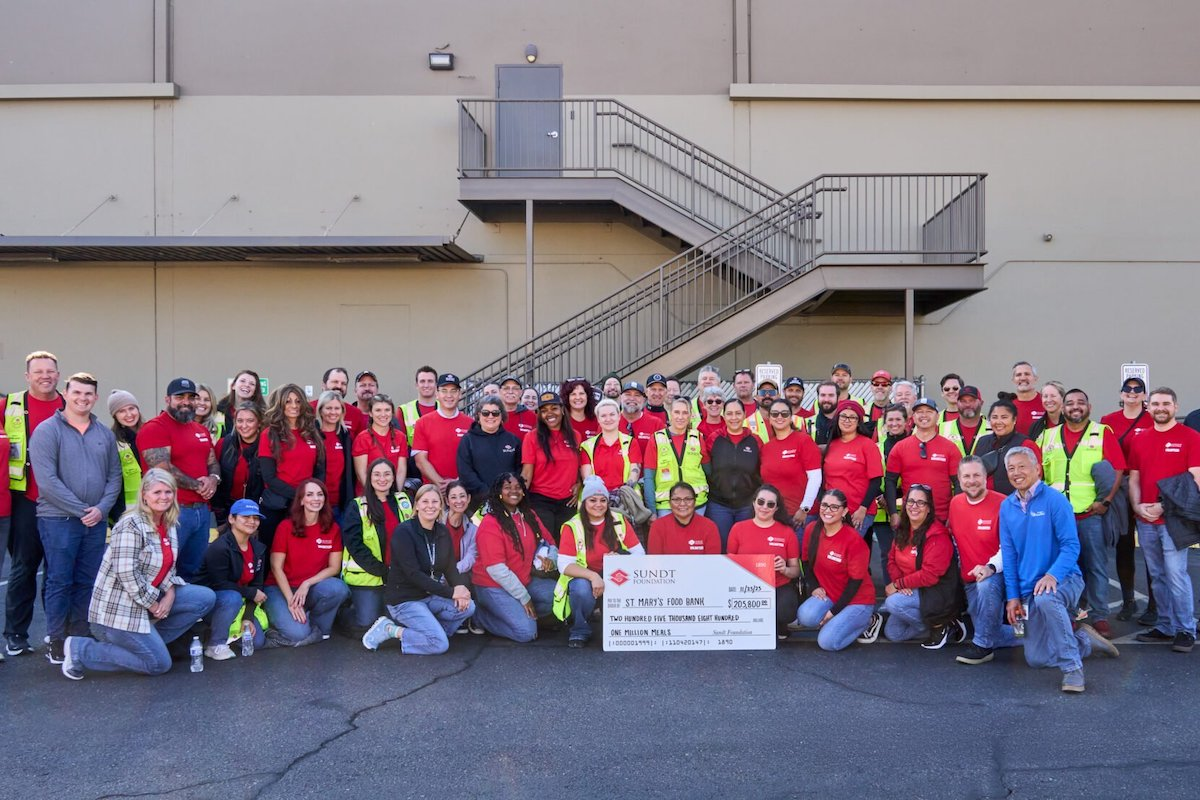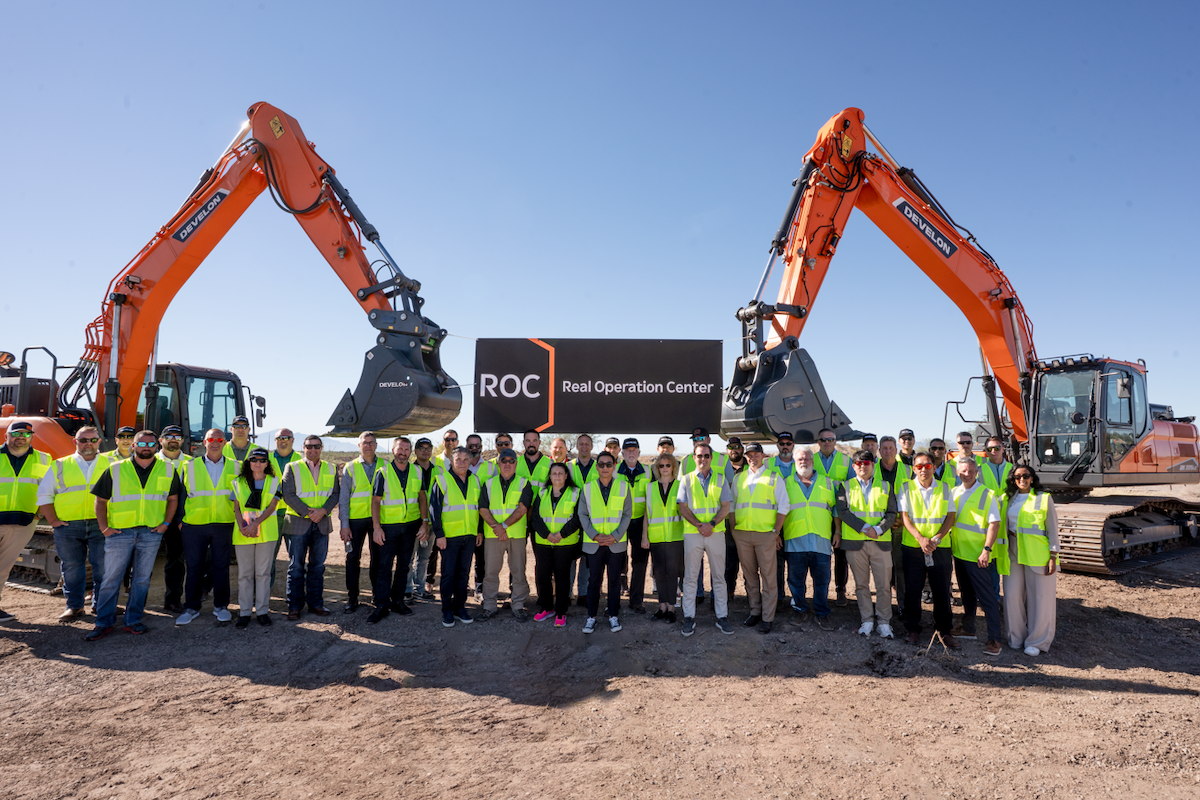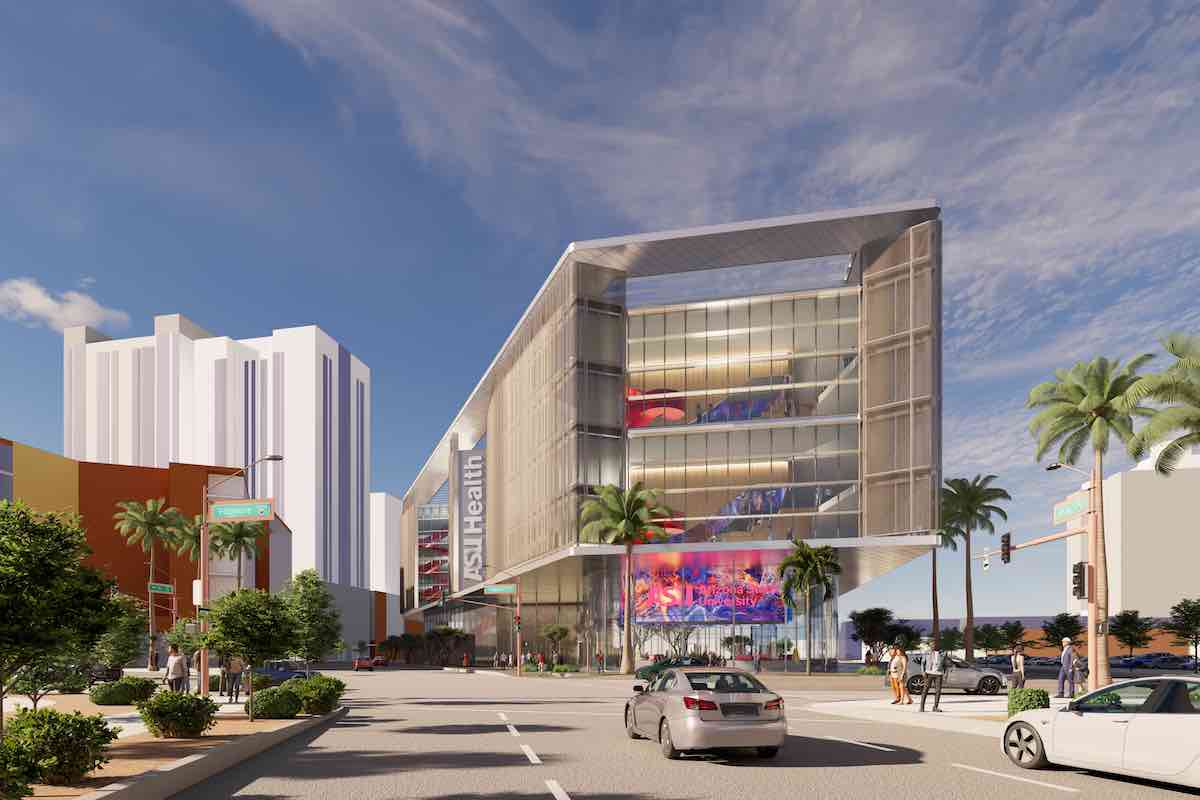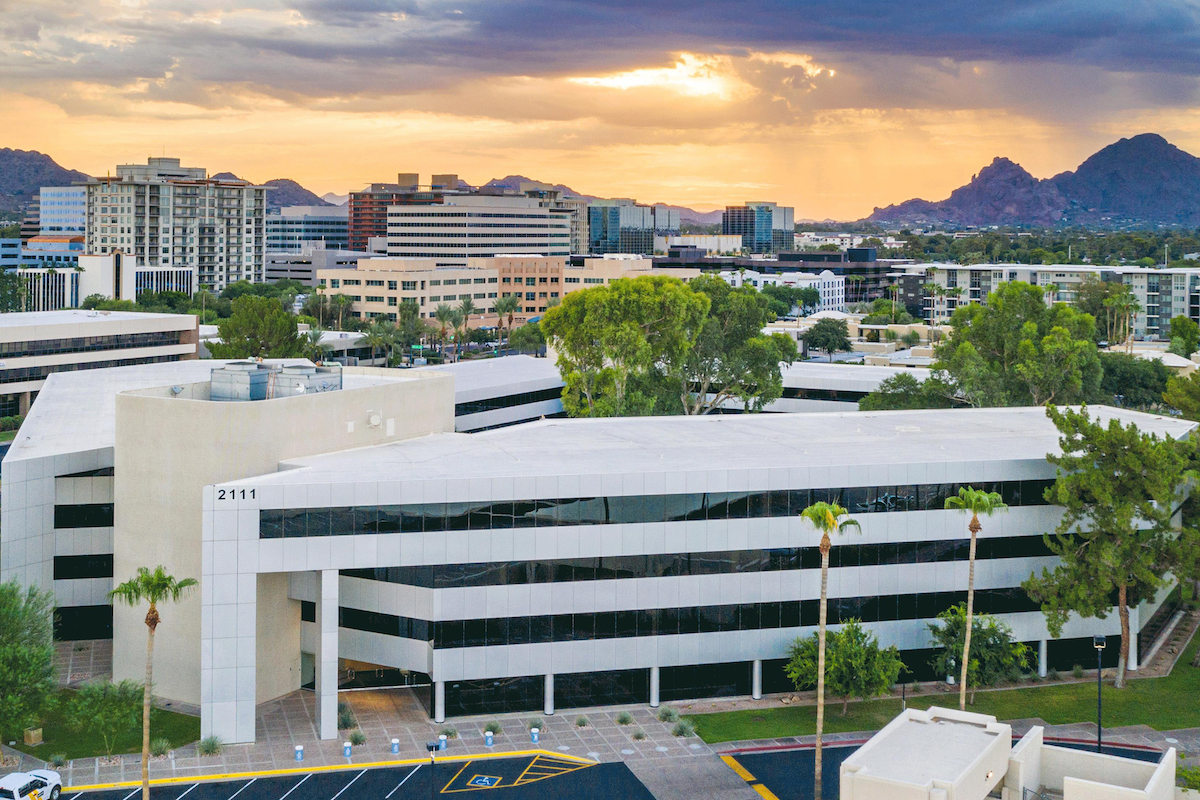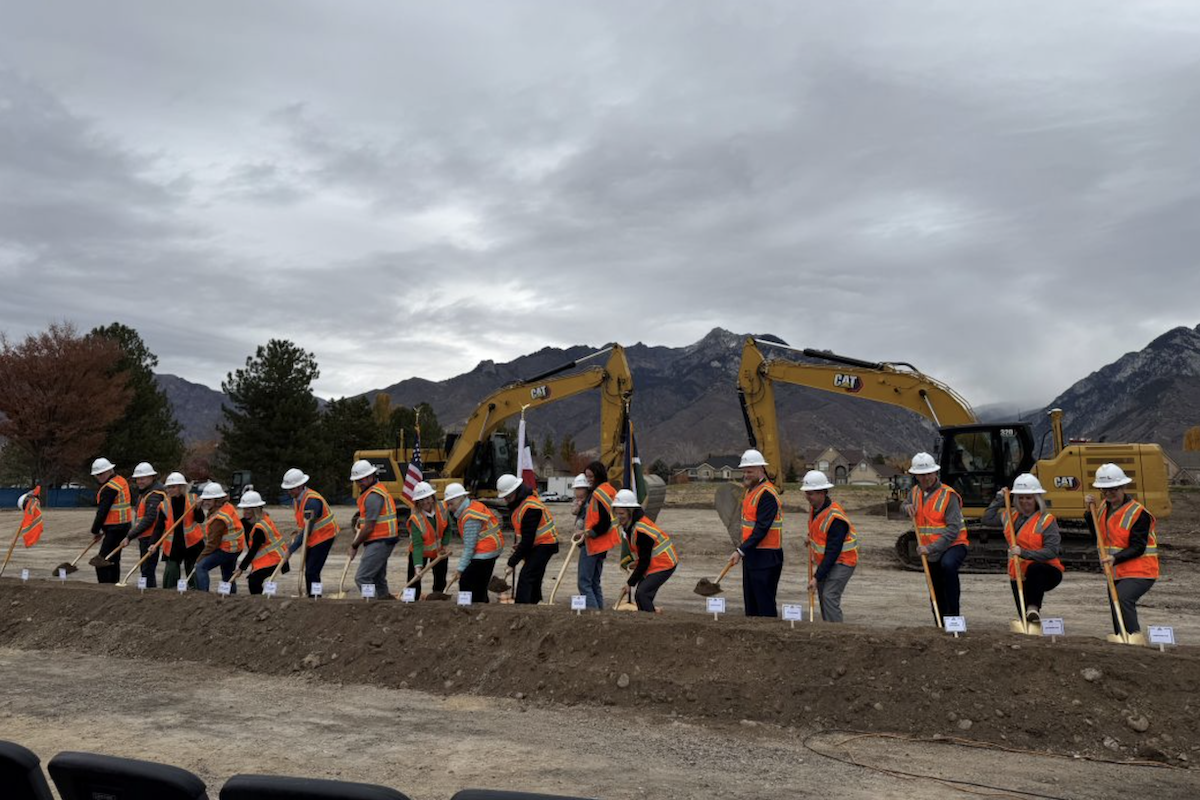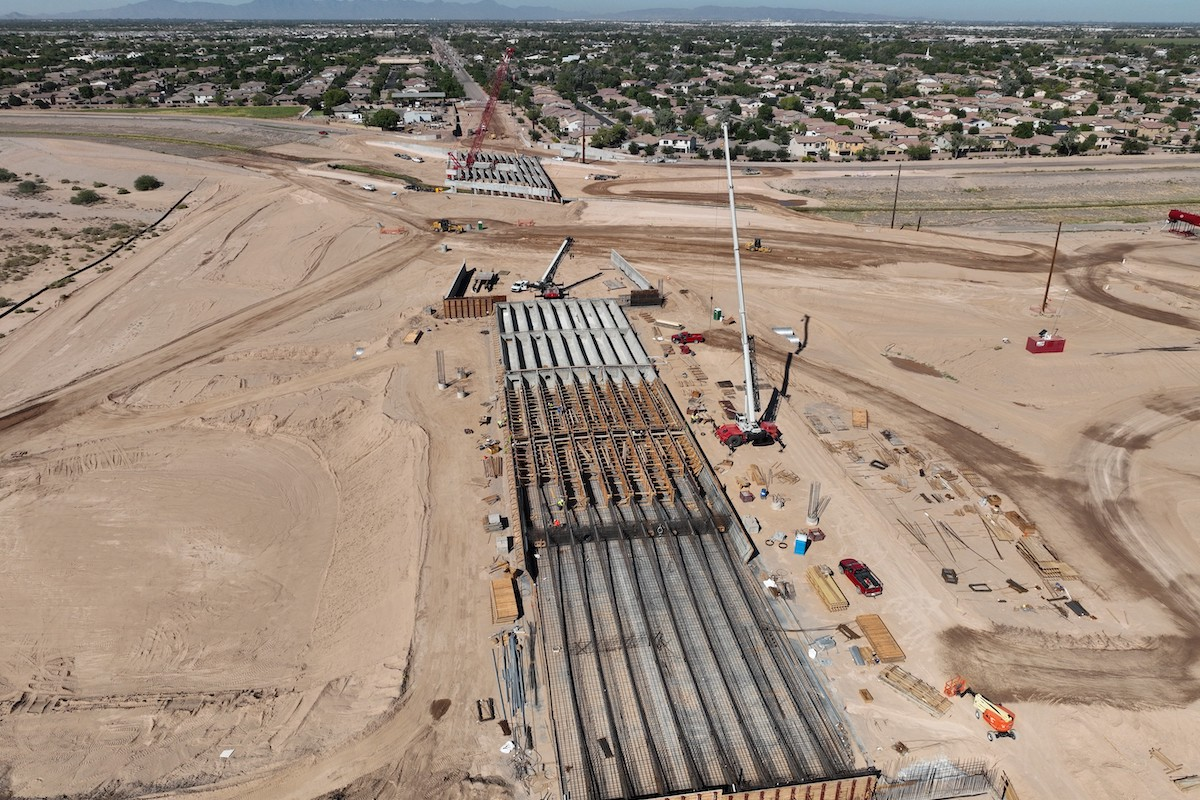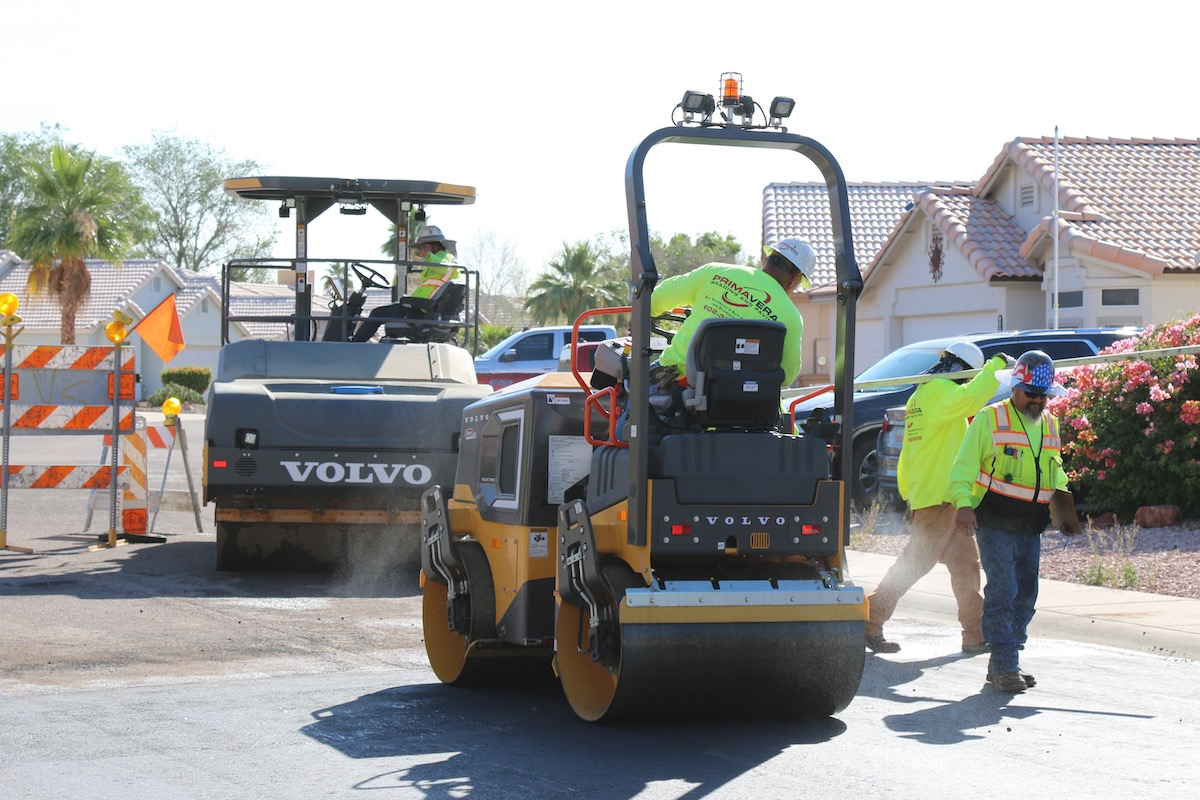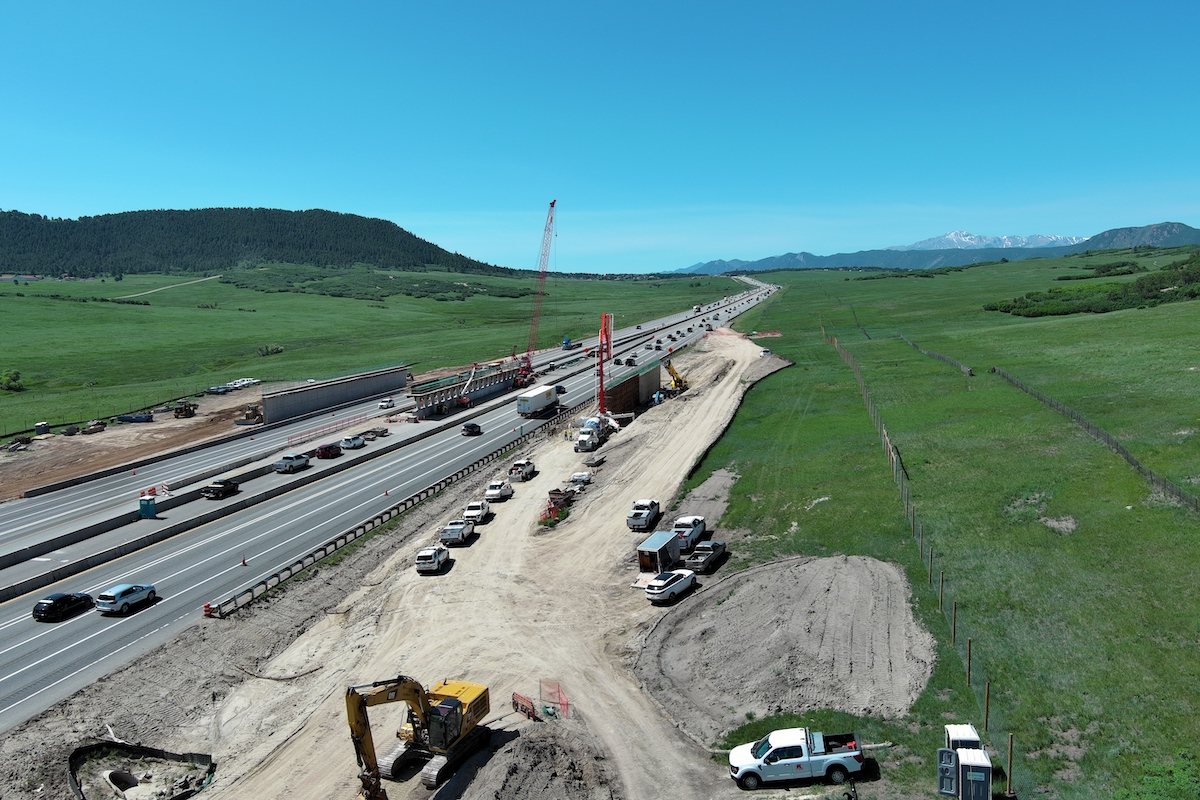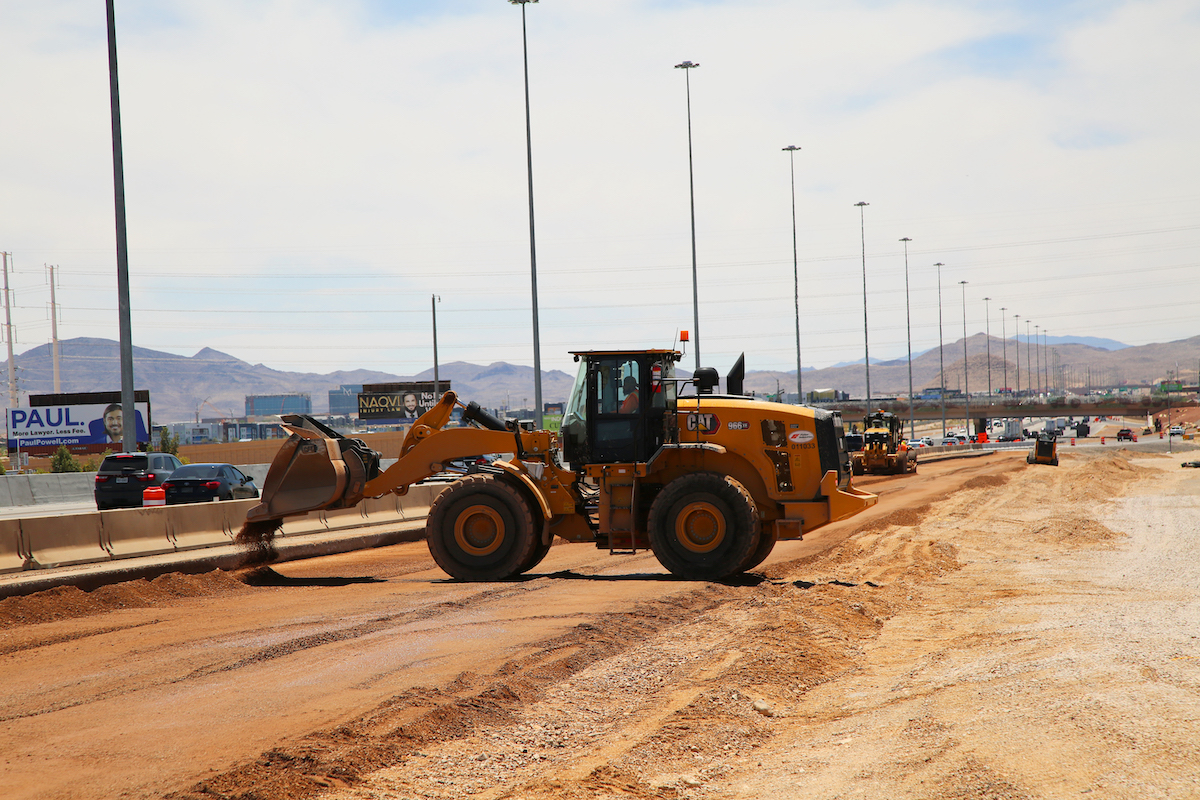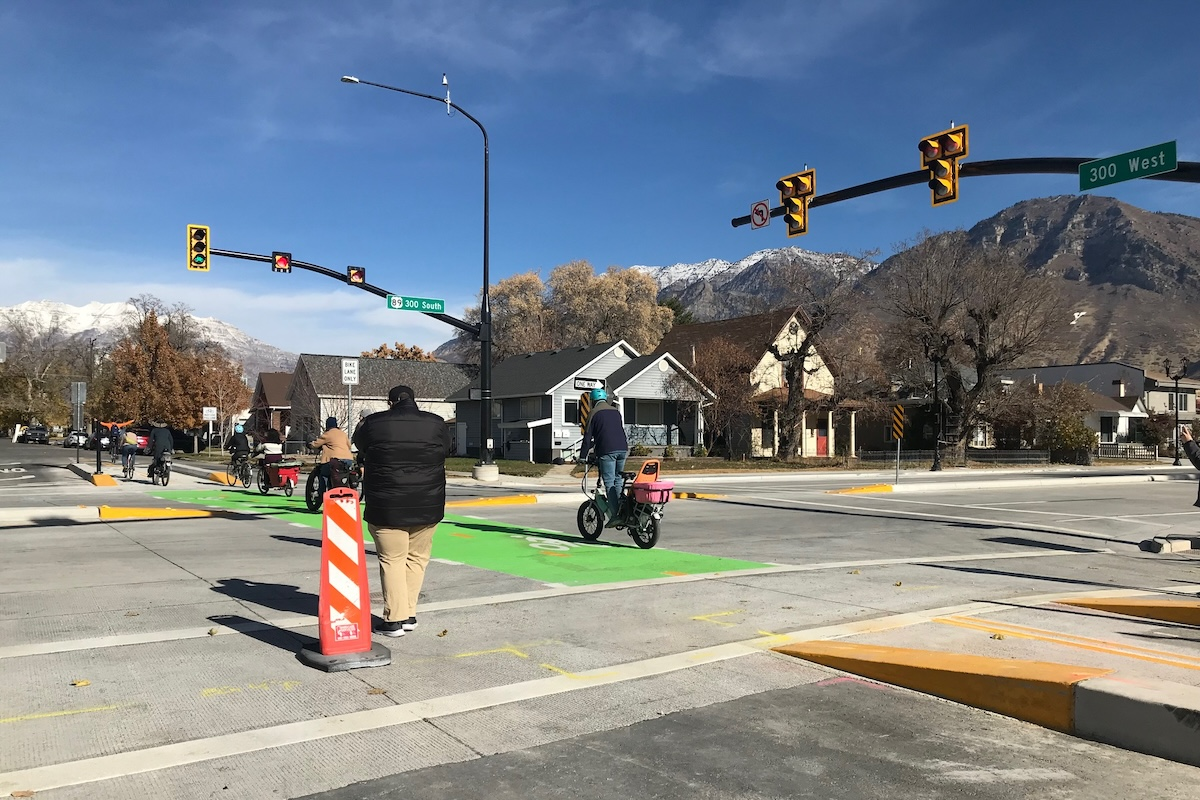Specifically, the project aims to decrease congestion, enhance traveling safety, support traffic operations, address roadway deficiencies, and bolster connectivity within one of the state’s fastest-growing regions. To achieve this, TxDOT is upgrading 11 miles of roadway to increase capacity and meet the needs of current-day travel patterns.
Within the project limits, I-35E carries about 218,000 vehicles per day, according to TxDOT officials. This key highway ferries traffic in and out of downtown Dallas, and is currently ranked as #26 on the Texas A&M Transportation Institute’s Top 100 most-congested roadways list.
“Southern Gateway is part of the Texas Clear Lanes initiative,” adds TxDOT Project Manager Ashton Strong, referring to the state’s comprehensive congestion-relief strategy. The estimated $666 million Southern Gateway Project includes approximately $260 million in Texas Clear Lanes funding.
Authorized by Governor Greg Abbot in September 2015, Texas Clear Lanes has allocated billions of dollars to non-tolled projects intended to reduce congestion in the state’s five largest metro areas: Austin, Dallas, Fort Worth, Houston, and San Antonio. Major benefits of this program include more reliable travel times, improved mobility and safety, enhanced operational efficiency, and lower fuel consumption.

| Your local Bobcat dealer |
|---|
| Ditch Witch West |
| Faris Machinery |
| Ditch Witch West |
| Faris Machinery |
“TxDOT’s mission is ‘Connecting you with Texas,’ and we are focused on getting people where they need to go efficiently and reliably by paying attention to where improvements are needed most,” says Marc Williams, TxDOT’s Deputy Executive Director. “Congestion relief is a priority for our top chokepoints as we balance the many demands on our roadways across the state.”
The name “Project Pegasus” is derived from of the most iconic images in Dallas. The mythological flying horse is probably best known for its association with one of the city’s tallest structures: the Magnolia Hotel, formerly known as the Magnolia Petroleum Building. The historic landmark rises 29 stories and is topped with a red Pegasus, which serves as a visual reminder of the city’s origins in the oil business.
Nowadays, the presence of the legendary Pegasus is visible throughout the cityscape. In many ways it has become symbolic of the grandeur and strength found within the flourishing Dallas area, representing how the community continues to distinguish itself as a place of opportunity and progress.
In this same spirit of progress, TxDOT is bringing transportation infrastructure in Dallas up to 21st-century design standards in an effort to keep people connected while advancing economic and social prospects.
There’s also the iconic Horseshoe Project on the western edge of downtown Dallas, another piece of Project Pegasus. Named for its U-shaped configuration, the $723 million Horseshoe Project built between 2013 and 2017 included construction of more than 73 lane miles of new roadway and 37 conventional bridges, earning a National Award of Merit from the Design-Build Institute of America.

| Your local Gomaco dealer |
|---|
| Faris Machinery |
| Faris Machinery |
“The PLC joint venture was formed to build the Horseshoe Project,” says Daniel Young, PLC’s Director of Construction. “We are very proud to have been awarded the additional Southern Gateway Project. With these big projects you bring a lot of people together and often achieve great synergy. It’s nice keeping everyone together to continue our momentum.”
Currently, PLC has approximately 350 employees working on the Southern Gateway Project. Also, more than 50 subcontractors are lending their expertise, adding about 200 additional workers. “At the peak of construction there can be around 550 people working directly on the project,” Young notes, which requires careful coordination and efficient processes to ensure construction advances seamlessly.
“Upon completion our reversible, non-tolled express lanes will allow for additional lanes in and out of the downtown area during peak travel times, which occur during morning and evening rush hour. The lanes also do not have an occupancy requirement, so they will be available to all users,” Strong says.
The project will also widen U.S. 67, from I-35E to I-20, by adding a third general-purpose lane in each direction. The existing HOV lane on U.S. 67 will be rebuilt to create a reversible, non-tolled express lane in the center median. “The I-35E and U.S. 67 interchange is being replaced with new bridges and new alignments to meet current TxDOT design standards,” Strong adds.
Thus far, the majority of activities have pertained to earthwork, drainage, retaining wall construction, and bridge and pavement improvements. This fall, a series of major traffic shifts are planned to open portions of the newly constructed roadways to put traffic into its final configuration.

| Your local Trimble Construction Division dealer |
|---|
| SITECH Southwest |
| SITECH Northwest |
| SITECH Rocky Mountain |
| SITECH Southwest |
| SITECH Northwest |
| SITECH Rocky Mountain |
“Everyone will be on new concrete pavement when we shift northbound and southbound traffic onto the future northbound lanes,” Young elaborates. “From the north end we still have a lot more phasing, but this big traffic shift is going to allow us to build the southbound lanes in their entirety.”
Initially, TxDOT anticipated having to acquire over 12 acres of ROW along the project corridor. In 2015, however, the proposed ROW footprint was modified in order to limit negative construction impacts to the surrounding community. The design change reduced the additional ROW acquisition to just 3.6 acres – roughly a fourth of what was proposed in the original 2003 schematic.
Utility relocations alone presented a major obstacle. Approximately 180 utilities within the ROW have to be moved; at the same time, four main lanes in each direction of I-35E and adjacent frontage roads must remain open – a delicate balancing act indeed. In response, PLC and TxDOT developed phasing plans to keep construction progressing and traffic moving in accordance with contractual requirements.
Another hurdle involves the deep elevation cuts required along the project corridor – some more than 20 feet deep, such as the location where a future deck park will be built over I-35E, right next to the Dallas Zoo.
“I can’t tell you how challenging it is to keep four lanes in each direction free and clear as we build while also accommodating ramps with these big elevation changes,” Young shares. “When you’re taking main lanes down into very deep cuts, and with minimal ROW, the cross streets become very challenging because the vertical clearance of the existing bridges are at one elevation while the new bridges are at another.”

| Your local Volvo Construction Equipment dealer |
|---|
| Faris Machinery |
| Faris Machinery |
He notes that PLC has “spent a lot of time and money on traffic control,” calling it the more challenging traffic control project in comparison to the Horseshoe Project. The project team has been exploring different ways of consolidating the construction phasing plans, and by thinking outside of the box and testing new approaches, certain efficiencies have been achieved.
Once the new Southern Gateway Park opens to the public, likely in 2023, it will serve as another visual gateway into the city and as a gathering place for local community members as well as those from around the state and even across the globe. Proposed amenities include a skate and recreation area, bike rental kiosks, food and beverage areas, an open-air performance pavilion, a dog park, a children’s garden, and multiple water features.
“Upon completion, the Southern Gateway Project will also provide greater connectivity with wider cross streets and sidewalks as well as bike accommodations. The biking and pedestrian-friendly enhancements will inevitably support the area’s growing demand for a greater variety of transportation options,” says Adrienne Williams, PLC’s Public Information and Disadvantaged Business Enterprise Manager for the Southern Gateway Project. “TxDOT and PLC are proud to contribute to this highway project, which will also positively impact the surrounding community with an improved quality of life.”



